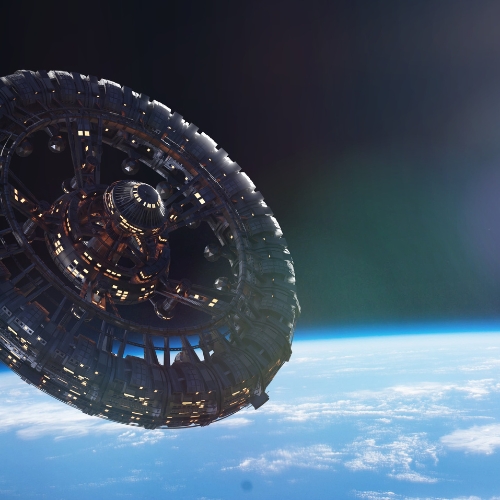Key points from article :
A study compared the effects of astronaut Scott Kelly's year in space with a marathon swim by athlete Benoît Lecomte.
Scott Kelly spent 340 days aboard the International Space Station (ISS).
Benoît Lecomte swam 2,821km over 159 days.
Both men were no longer pumping blood uphill, their hearts began to lose mass.
Exercise wasn't enough to counteract the changes to the heart.
"...20-25% loss in total mass over four or five months that Lecomte was swimming," - James MacNamara, co-author of the study.
"19% and 27% of mass lost for Captain Kelly over the year."
Both men's hearts returned to normal once they were back on terra firma.
Might lead to atrial fibrillation, may also increase the risk of stroke.
Higher radiation levels in space might accelerate coronary heart disease.
Research has implications for very long-duration journeys in space.
Study by University of Texas Southwestern Medical Center published in Circulation.







